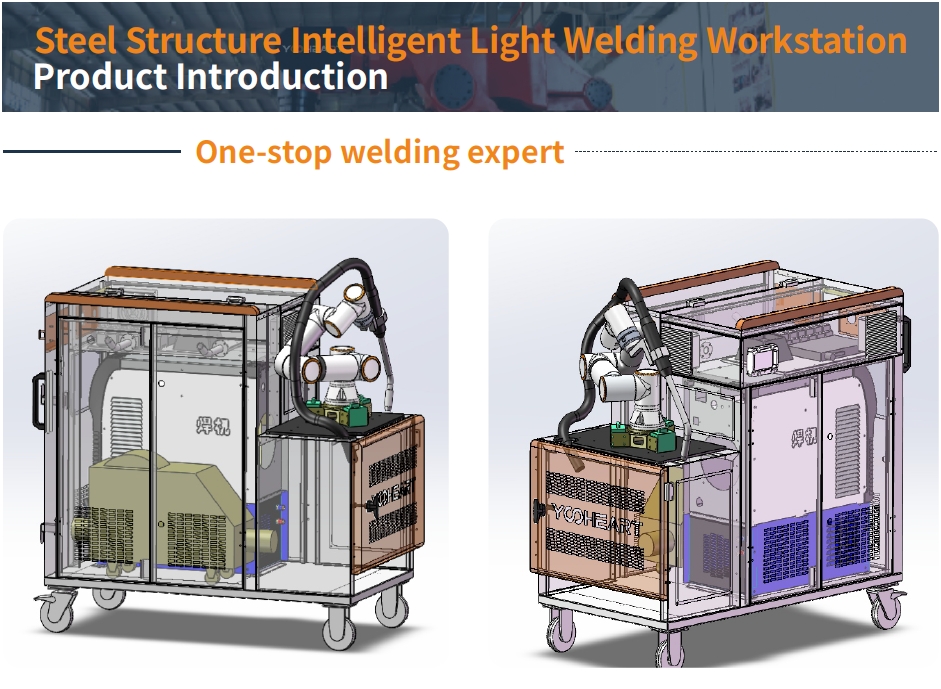In the realm of industrial automation, Chinese brands have made significant strides, particularly in the fields of industrial robots and collaborative robots. Both categories serve distinct purposes but share the common goal of enhancing productivity and efficiency in manufacturing processes.
Industrial robots, renowned for their strength and precision, are designed to handle heavy-duty tasks in automated environments. These robots often operate within fenced-off areas to ensure safety, performing repetitive tasks with unparalleled accuracy. Chinese brands, such as Anhui Yunhua Intelligent Equipment Co., Ltd., have become prominent players in this segment, offering a wide range of industrial robots tailored to specific industry needs. These robots are known for their reliability, durability, and advanced features like real-time monitoring and machine learning capabilities.
On the other hand, collaborative robots, or cobots, have revolutionized the manufacturing landscape by enabling seamless human-robot interaction. Unlike traditional industrial robots, cobots are designed to work alongside humans without the need for safety fencing. They are lightweight, easy to program, and possess sensitive force feedback features that allow them to stop immediately when a predefined force is reached. Chinese cobot brands, like AUBO Robotics, Elite Robotics, and JAKA Robotics, have gained recognition for their innovative designs and user-friendly interfaces. These cobots are particularly popular in small- to medium-sized enterprises due to their flexibility and ability to adapt to various production lines with minimal disruption.
When comparing Chinese brand industrial robots and cobots, it’s evident that each has its unique strengths. Industrial robots excel in heavy-duty applications requiring high precision and reliability, while cobots shine in environments where human-robot collaboration is essential. The choice between the two often depends on the specific needs of the manufacturing process and the desired level of automation.
Despite their differences, both categories of robots share a common thread: they are driving the transformation towards smart manufacturing. Chinese brands, with their cutting-edge technology and commitment to innovation, are playing a pivotal role in shaping the future of industrial automation. As manufacturing processes continue to evolve, these brands will undoubtedly play an increasingly significant role in enhancing productivity, reducing costs, and improving safety in the workplace.
Post time: Jan-07-2025




